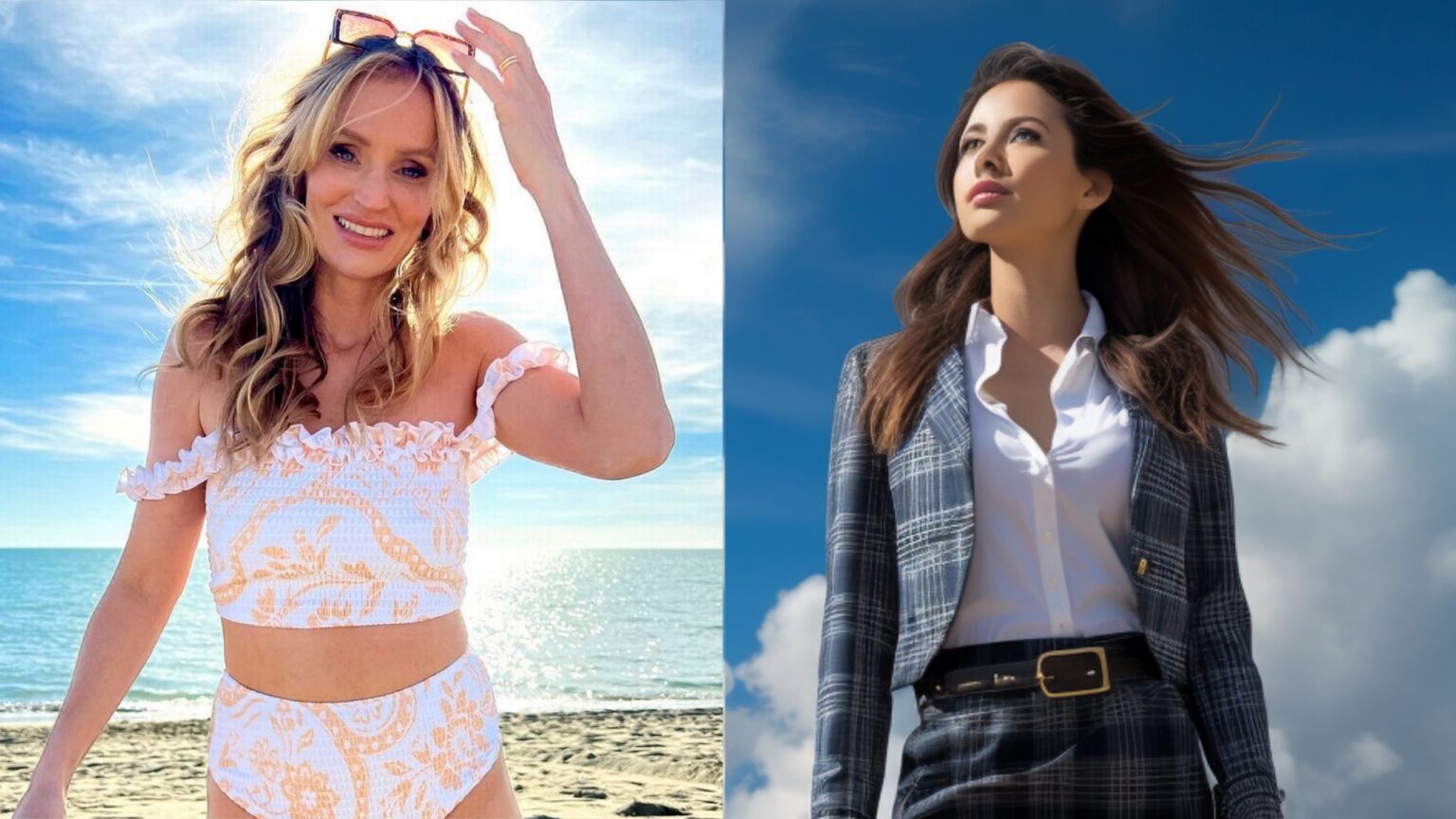The recent surge in the use of AI models and AI-powered image filters is putting pressure on women and young girls to pursue non-existent and “far-from-real” body images.
As image generators increasingly become sophisticated, it is also becoming difficult to distinguish between real images and AI-generated ones.
This, according to body-positive influencer Danae Mercer Ricci, is “terrifying.” The AI models are perpetuating idealistic images of “beautiful” women that are unrealistic.
Embracing self-love
The 36-year-old Ricci has become one of the key influencers encouraging women to embrace their natural beauty in the self-love movement. To push this agenda, she has posted unedited images of herself on social media platforms.
As a result, she has garnered support with over 2.2 million followers on Instagram and 280,000 on TikTok.
Despite years of debunking filtered or edited images, Ricci is worried about an emerging trend that is gaining popularity on social media platforms.
She thinks this is potentially damaging to young girls and women who are pressured to follow the unattainable beauty standards set by AI models.
“This is developing so rapidly that in the next year we’re going to see this technology become so much more widely available,” she told the Daily Star.
“I think there’s going to be an explosion of these fake and not real people on the internet,” she added.
“A lot of them are going to have all the things that traditionally make a really successful account, like a super beautiful woman, and you can make her life as dramatic as you want as she’s not real.”
Ricci feels such accounts are likely to increase on social media platforms, creating networks of “super-beautiful” women and girls. This, according to Pew Research, makes young users believe in fabricated appearances, and when they can’t look like these social media models, they fall into low self-esteem and mental health.
Also read: Altman’s OpenAI Return Linked to New AI System Q* Development
Unrealistic beauty standards
Ricci is one of the role models and faces of the self-love movement and believes AI is putting unnecessary pressure on women and young girls to achieve “unrealistic beauty standards.”
While she has made progress in encouraging women and young girls to embrace their natural beauty, AI models are pushing thinness, flawless skin, and hourglass shapes. This is in sharp contrast to reality, where women’s bodies change as they grow older, developing wrinkles, stretch marks, cellulite, and hormonal acne in some cases.
Thinness was once prevalent in the 1990s and early 2000s.
“Look at the teenagers on TikTok. I mean, a lot of the accounts that go viral will feature a beautiful teenage girl with an insanely small waist and curves. Some of them—not all—but some of them will have definitely been edited, but edited in a very intelligent way,” she said.
“So I can’t imagine what it would be like to be a girl at this moment,” added Ricci.
A double-edged sword
While AI technology has transformative abilities that are beneficial to society, it also has its pitfalls. Technology, along with the use of chemicals to enhance beauty, has made young girls and women question their own beauty.
Ricci said the availability of medicines and chemicals to enhance beauty or aid in weight loss is adding more pressure on the young girls.
“So on one hand, we have that; on the other hand, we have technology that’s increasingly intelligent, creating hyper-beautiful fake women—that’s a huge amount of pressure,” she said.
“You’re a teenager looking at this, thinking, ‘This girl is saying it’s real, so you start to wonder, maybe she is real, maybe my body is the problem, maybe every other body looks like that, what’s wrong with me? This is what boys want.’”
Recently, online fitness coach Danielle, also known as Kale them with Kindness, posted her images from unflattering angles to foster body-positive advice to women and young girls misled by unrealistic social media images.









 and then
and then